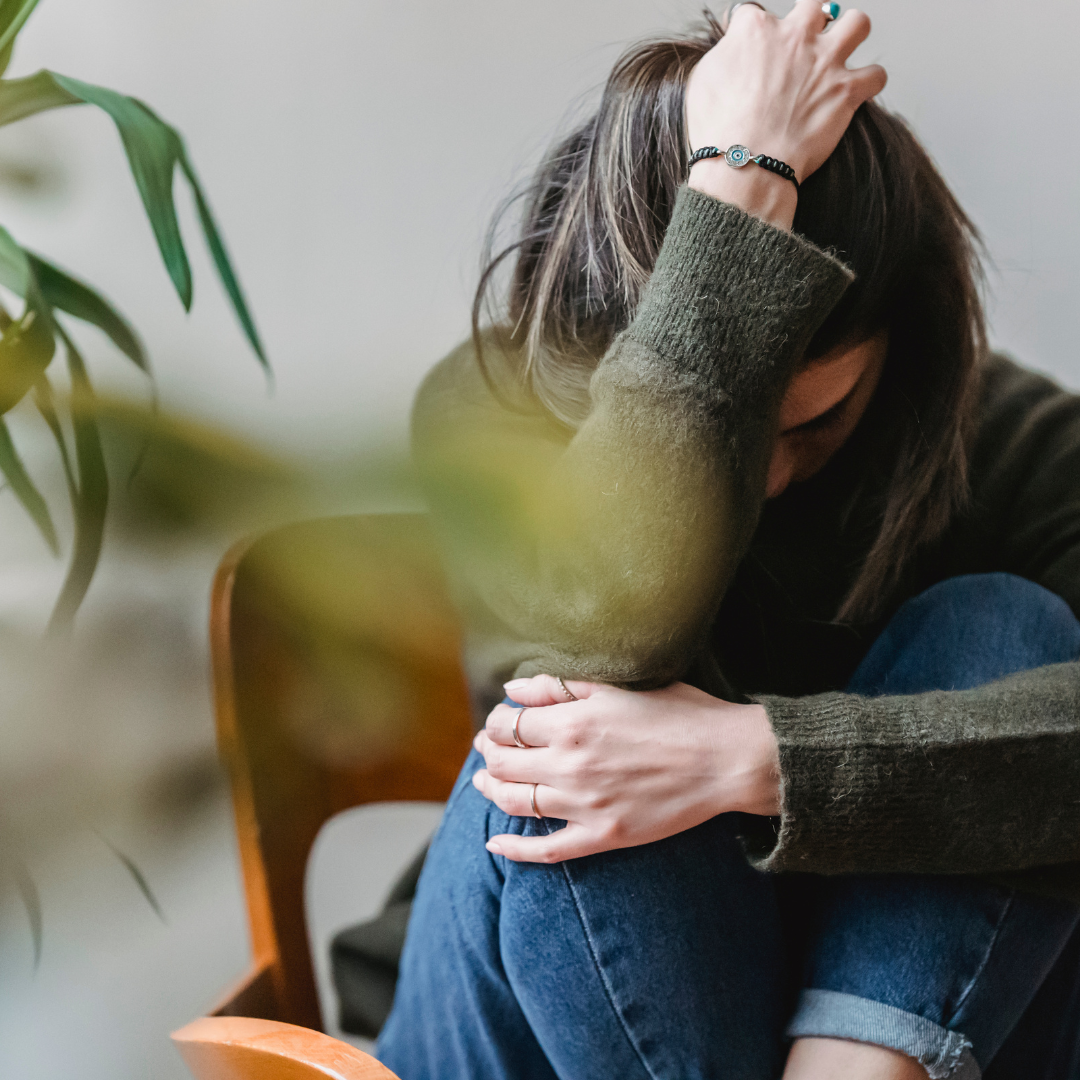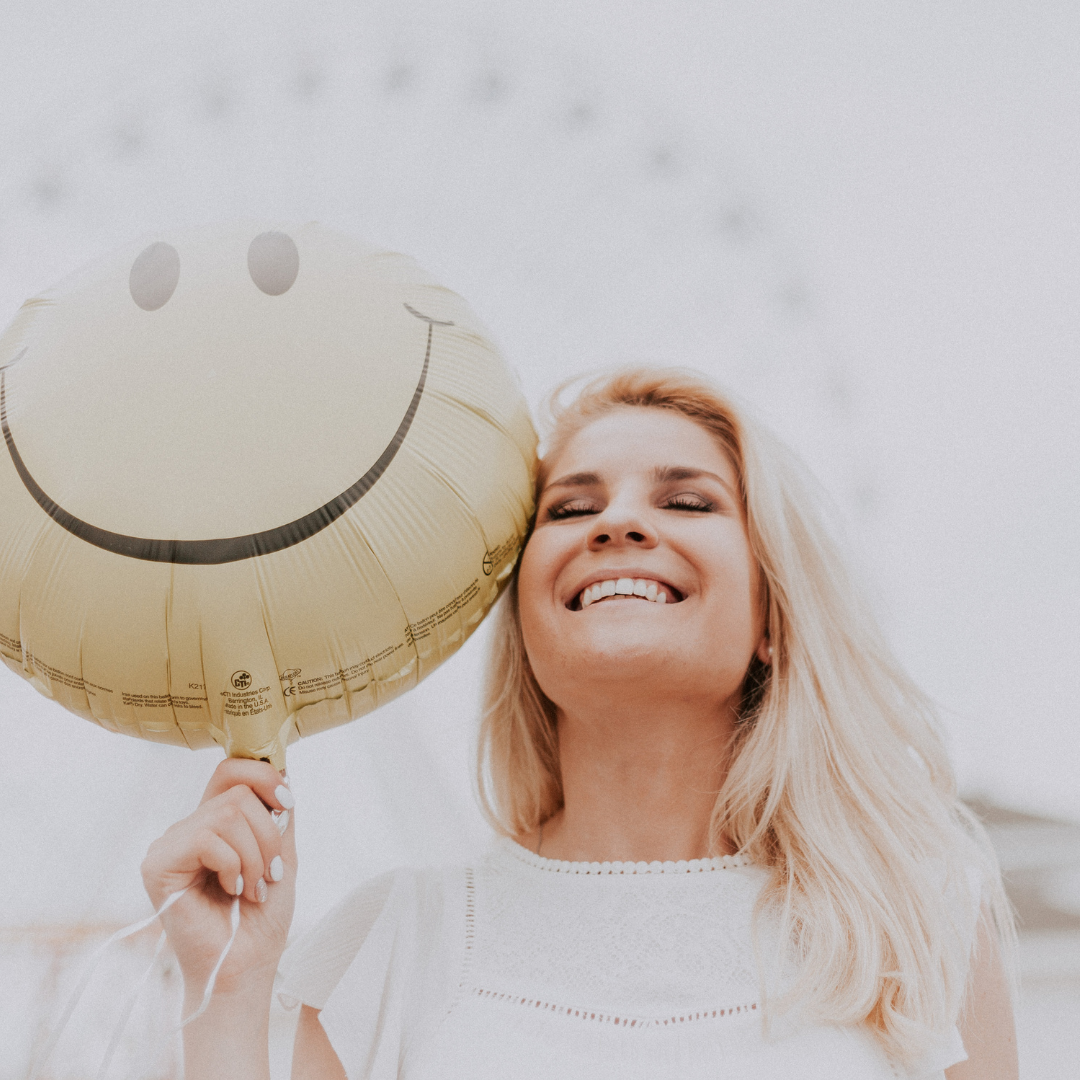Anxiety is a mental disorder that affects millions of people around the world. It’s a serious condition that can have a significant impact on your life, and it’s important to know all there is to know about it.
In this blog post, we’ll discuss what anxiety is, what causes it, and how it can affect you. We’ll also provide some tips on how to deal with anxiety and help you better understand the condition. So whether you’re just starting to feel anxious or you’re struggling with an anxiety disorder, read on for helpful advice.
What is Anxiety?
Anxiety is a mental disorder that can make you feel tense, anxious, and worried. It’s often described as a feeling of worry that doesn’t go away. It’s common for people with anxiety to have trouble sleeping or eating.
There’s no one way to experience anxiety. Everyone experiences it in different ways. Sometimes people with anxiety might feel really tense all the time or they might have a lot of short-term memory problems. Some people with anxiety also have problems with bladder control or problems focusing on things.
There’s not really any cure for anxiety, but there are treatments that can help manage it. Some treatments include therapy, medication, exercise, and self-care skills. Managing anxiety also includes breathing exercises, meditation, and in more adverse cases, using cannabis products from trusted stores such as west coast cannabis and others. Everyone’s anxiety is different, and it can take some time to find the right treatment plan that works for you, but it’s worth it to get relief from your symptoms.
Causes of Anxiety
It’s estimated that around 18% of the population experience some form of anxiety at some point in their lives. There are many different causes of anxiety, but the most common ones include:
- Genetics: Some people are predisposed to developing anxiety because of their genes.
- Environment: Your environment can also play a role in your likelihood of developing anxiety. If you’re raised in a family where anxiety is common, or if you have stressful jobs, you’re more likely to develop anxiety yourself.
- Experiencing traumatic events: Traumatic events such as sexual abuse or being mugged can lead to long-term problems with anxiety.
- Neurobiology: The way your brain functions may influence your likelihood of developing anxiety disorders. Some people have an overactive alarm system that becomes easily activated by everyday stressors and triggers thoughts and sensations associated with fear and danger.
Effects of Anxiety
There are many physical effects of anxiety, but it can also have a negative psychological impact. Symptoms of anxiety can include feeling tense, worried, or on edge; having a hard time concentrating; being short of breath; having a fast heart rate; and experiencing sweating or shaking.
Anxiety can interfere with your ability to function at work, in school, or in other areas of your life. It can also lead to problems sleeping, eating habits that are unhealthy, and a decrease in overall health. There is no one-size-fits-all approach to overcoming anxiety, but there are ways to manage it and improve your quality of life.
One way to manage anxiety is through self-care practices. This means taking care of yourself mentally and physically by eating healthy foods, getting enough exercise, and avoiding alcohol and drugs. It’s important to keep track of your symptoms so you can identify when they’re starting to get out of control. It’s also important to talk about your feelings with someone you trust and who will listen without judging you.
Various Ways to Treat Anxiety
There are many ways to treat anxiety. You can go to therapy, try meditation, or take an alternative route by giving a shot to cannabis gummies, flowers, disposable thc vapes, and other such natural relaxants. However, the most effective method for you depends on your specific symptoms and situation. Here are some general tips:
- Talk About Your Anxiety. Opening up about anxiety allows individuals to express their thoughts and emotions without judgment, creating a safe space for genuine and open communication. This act of sharing can foster a deeper connection with the listener, enhancing feelings of trust, understanding, and empathy.
By discussing anxiety with a trusted confidant, individuals often find that they are not alone in their struggles. Knowing that someone else cares and is willing to listen can help alleviate the burden of anxiety, making it feel more manageable. Friends and family can provide a supportive presence, offering reassurance and encouragement throughout the journey towards healing.
Moreover, discussing anxiety can lead to helpful insights and perspectives. Loved ones may offer coping strategies, and practical advice, or even recommend seeking professional help when necessary.
Additionally, talking openly about anxiety can reduce the stigma associated with mental health issues.
- Exercise regularly. Physical activity plays a crucial role in promoting overall mental health and well-being, particularly for individuals with anxiety disorders. Numerous studies have shown that engaging in regular exercise can have profound effects on mental health, helping to reduce anxiety symptoms and improve overall emotional state.
When we engage in physical activity, our bodies release endorphins, which are natural chemicals that act as mood elevators. Endorphins help reduce stress levels, alleviate feelings of sadness, and promote a sense of well-being. As a result, exercise can be an effective natural remedy for anxiety, as it helps to counteract the negative effects of stress and tension on the mind and body.
Additionally, regular exercise can improve self-esteem and body image, which are often negatively affected by anxiety disorders. Engaging in physical activity helps individuals develop a sense of accomplishment, leading to increased confidence and a more positive self-perception.
Furthermore, exercise provides opportunities for social interaction, whether it be in group classes, team sports, or outdoor activities. Socializing and connecting with others can combat feelings of loneliness and isolation, common challenges for those with anxiety disorders.
In conclusion, physical activity is a powerful tool for enhancing mental health, including reducing anxiety and promoting emotional well-being. By incorporating regular exercise into their routines, individuals can experience reduced stress levels, improved moods, increased self-esteem, and a greater sense of connection with others, all of which contribute to overall improved mental health.
- Get enough sleep. Many individuals with anxiety often find that insufficient sleep can worsen their symptoms. Ensuring you get an adequate 7-8 hours of sleep each night is crucial to reducing stress levels and improving overall mental health. If you experience difficulty falling asleep or staying asleep, there are various approaches to consider.
People engage in nighttime routines to help them relax before sleeping. This helps in promoting their quality of sleep. These routines can include lighting a scented candle, doing some skincare, playing soothing music and meditating. Regular self-care can go a long way in alleviating symptoms of anxiety; people spend one day in a way engaging in self-care and have reported feeling much calmer through the week as a result. Going for spas, massages or facial services in Scottsdale (or elsewhere) can also be a great form of pampering and relaxation.
For some people, stronger treatments may be required for sleeping better. Over-the-counter medications may be an option, but it’s essential to consult a healthcare professional before using them, as they may have side effects or interact with other medications you’re taking.
Another potential remedy for sleep issues and anxiety is the use of cannabis products. Some people find relief from anxiety and improved sleep with cannabis, particularly those high in specific cannabinoids like CBD (cannabidiol) or strains with relaxing properties.
One cannabis product worth considering is bubble hash, a potent cannabis concentrate that comes in handy in tackling insomnia. The best part is that individuals can make bubble hash at home. It is crafted using an ice-water extraction method, resulting in a pure concentrate rich in cannabinoids and terpenes. Alternatively, it can be purchased from online or offline dispensaries.
However, it’s crucial to approach cannabis use responsibly and be aware of the laws and regulations in your area. As with any treatment, it’s essential to discuss your options with a healthcare professional to find the best approach for managing anxiety and sleep issues effectively.
A better understanding of what anxiety is, what causes it, and how you can manage this can help you overcome this. Anxiety truly affects one’s daily life. So, it is just right not to ignore this and do something so you can regain your life and not live in worry or fear.



